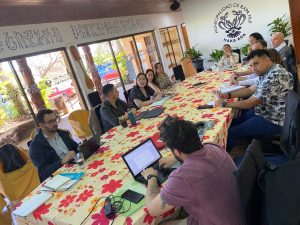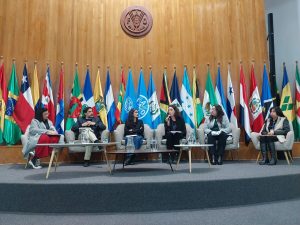An intense week of work included meetings and workshops with local stakeholders to review and complement a preliminary ten-year investment...
The Director of Rimisp in Chile was part of the Expert Commission that delivered to President Boric the new proposal for poverty measurement
The President of Chile, Gabriel Boric Font, received this Thursday, July 3, the final report with recommendations for the update of the Poverty Measurement in Chile. The Expert Advisory Commission Chair, of technical and transversal character, included the participation of Rodrigo Yáñez, Director of the Chile office of Rimisp – Latin American Center for Rural Development.
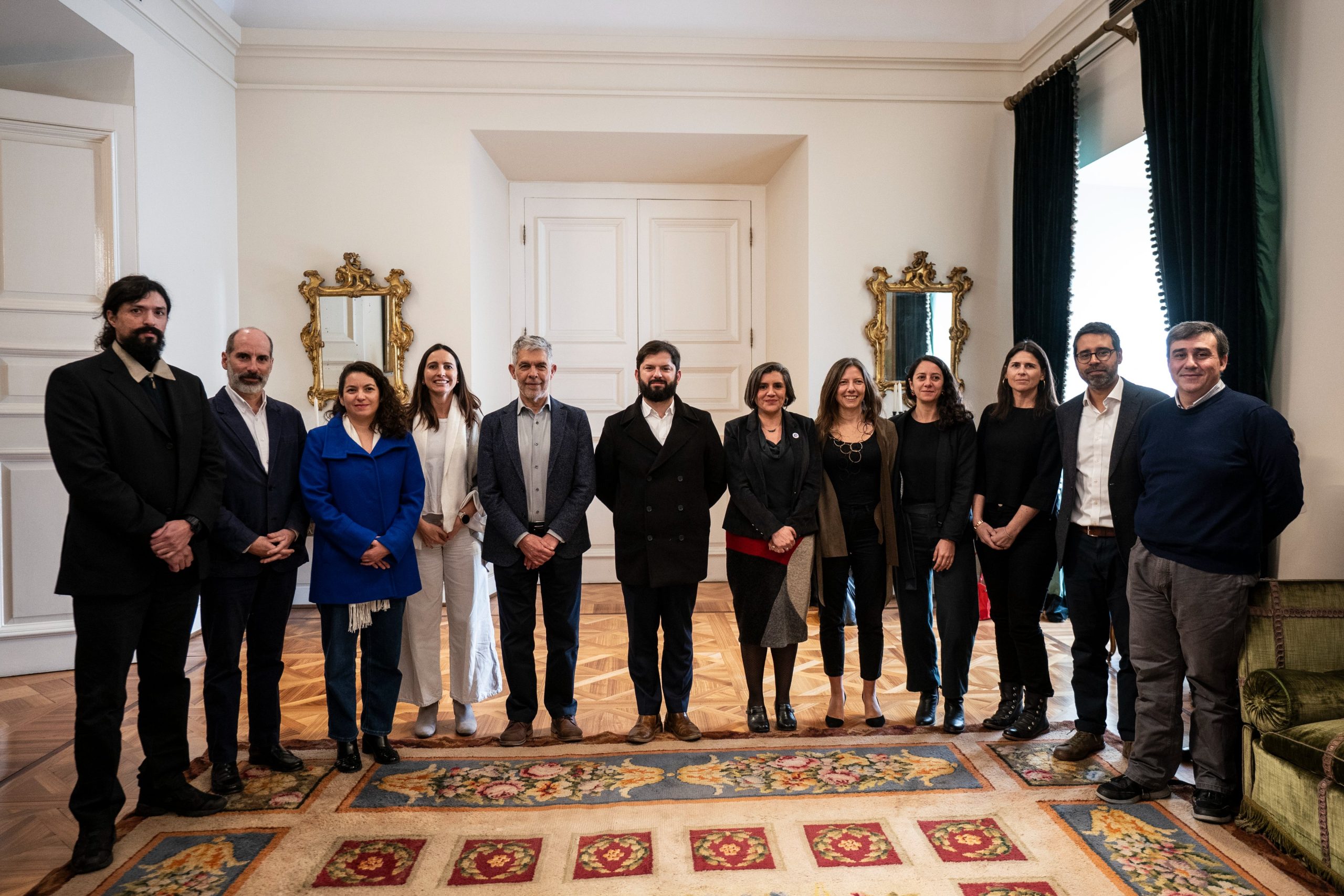
The report was delivered at the Palacio de La Moneda, in a hearing attended by the Minister of Social Development and Family of the Republic of Chile, Javiera Toro and marks the culmination of work begun in January 2024. The objective of the commission was to propose methodological updates to the measurement of income and multidimensional poverty objective of the commission was to propose methodological updates to the measurement of income and multidimensional poverty, in order to generate more effective public policies in line with the country’s current reality.
Rodrigo Yáñez, PhD and Master in Sociology from the Ecole des Hautes Etudes en Sciences Sociales (EHESS) in Paris and social anthropologist from the University of Chile, contributed from his experience as director and principal investigator of Rimisp on issues related to rurality, indigenous peoples and multidimensional poverty.
“For me it was an honor to participate in this report in which I made available to the commission all our experience in the field and analyzing data. I speak in the plural, because my experience includes conversations with multiple colleagues, seminars, trips and a long line of etcetera.”. In addition, the director of Rimisp in Chile highlighted the importance of updating the measurement of poverty. “Because society is changing,so everything that we are systematizing in our work in terms of rural population, employment dynamics, links with intermediate cities, welfare indicators, among others, contributed to the discussions of the commission”.
The creation of this commission responds to the recommendation to update the measurement instruments every ten years, a State practice that seeks to ensure that the standards reflect Chile’s level of development. The work of the group of experts, who performed their functions ad honorem, was based on technical evidence and citizen participation processes.
Rodrigo Yáñez highlighted the contribution of Rimisp’s work in the Commission: “We have updated evidence on certain deficiencies that are repeated in the region, and the Chilean case is no exception. One of them is what is happening in terms of food insecurity in the most vulnerable households, changes in the links between household members, for example, in care issues or the impossibilities of working because of caregiving. On all these issues, to name a few, I contributed with the experience we have.”
Main recommendations of the committee
The final report of recommendations delivered to President Boric proposes important adjustments to the measurement of income poverty and multidimensional poverty.:
- Income Poverty:It is recommended that the Basic Food Basket (CBA) be updated using the 8th Household Budget Survey, with a nutritional correction that reduces the presence of ultra-processed foods. In addition, it is suggested that imputed rent be excluded from income and to establish differentiated poverty lines for households that rent and those that do not.
- Multidimensional Poverty: The five dimensions (education, health, work and social security, housing and environment, and social networks and cohesion) are maintained, but their indicators are updated and five new ones are incorporated: school learning, functional dependence, care, affordability and digital connectivity, reflecting new social deprivations.
Chile’s Minister of Social Development and Family, Javiera Toro, thanked the commission for its work and stated that “when a country progresses, it also has to evolve and be more demanding in its measurement instruments. That is why our government has asked for a technical commission to be formed with different disciplines and fields of knowledge to review the measurement methodology”
The full report and summary can be downloaded at: www.comisionpobreza.cl
News
Country News
Rimisp participates in IV Decentralization 2025 Congress in Chile
Rimisp researchers Carolina Olcay and Natalia Slachevsky prepared the presentation comparing case studies in Chile, Ecuador and Peru.
In order to transform the territories, communities must be listened to
Rimisp presented at an international seminar celebrating 10 years of the "Small Localities" program in Chile.
Subscribe
Our offices:

- Chile: Huelén 10, Providencia, Santiago, Metropolitan Region (+56-2) 2236 4557 | Fax (+56-2) 2236 4558.
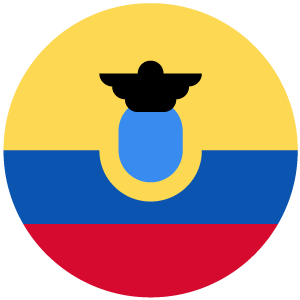
- Ecuador: Czechoslovakia E9-95 between Switzerland and Moscow. Eveliza Plaza Building. Ground Floor. Quito. (+593-2) 5150144.

- Colombia: Carrera 9 No 72-61 Office 303. Bogotá. (+57-1) 2073 850.
